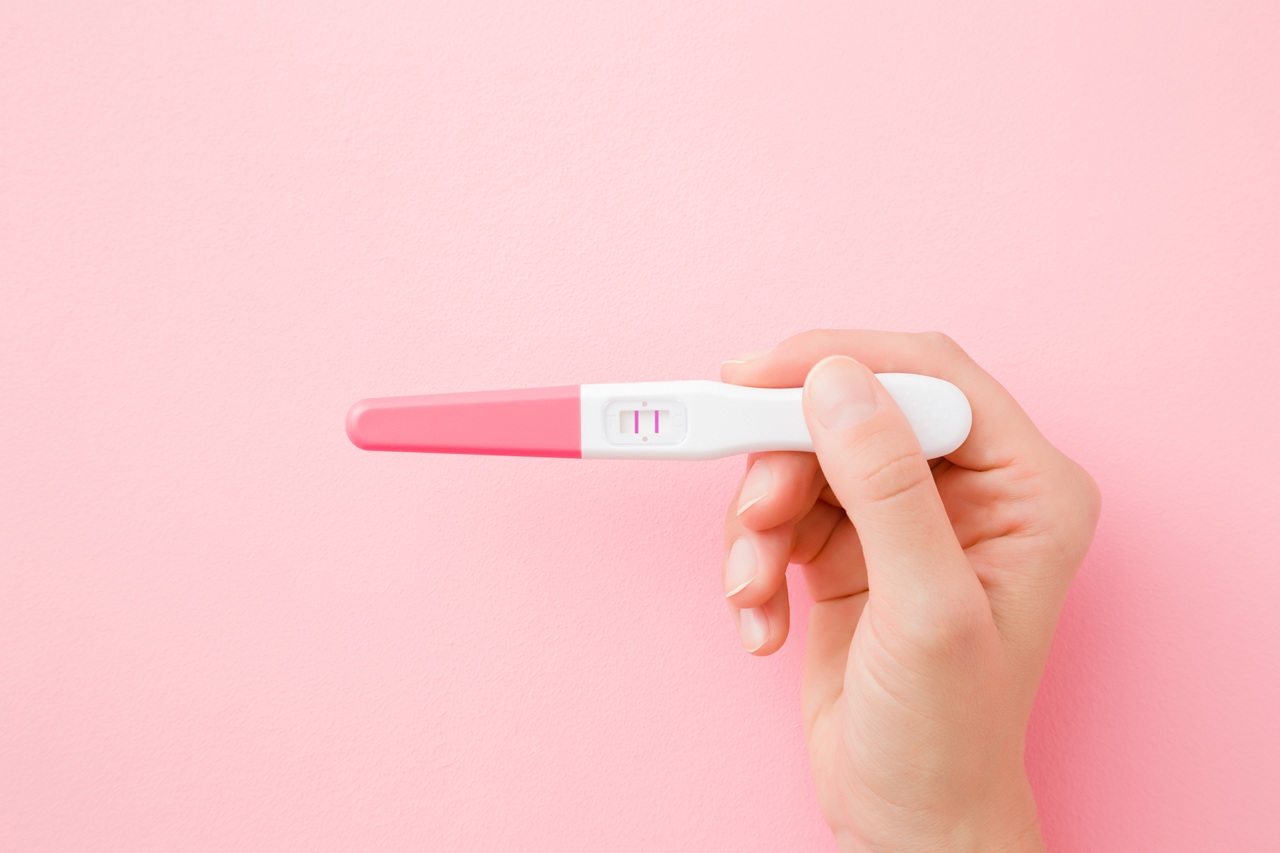Benefits of Makhana During Pregnancy

There are days in pregnancy when food is a friend. Then there are days when everything feels like a landmine. Either your appetite disappears, or the one thing you crave is the one thing your doctor says to avoid. Somewhere in that back-and-forth between nausea and nutrition, there is a quiet little food that has been used for centuries but rarely gets the spotlight it deserves. Let us talk about Makhana During Pregnancy.
Makhana, also known as fox nuts or lotus seeds, is not flashy. It is not one of those foods trending on wellness blogs. It is old-school. It comes from water lilies, gets roasted to a puffed texture, and delivers a nutritional profile that honestly makes it one of the most pregnancy-friendly snacks you can keep on hand. No sugar coating needed.
Why Makhana Matters in the First Place
Let us start with the basics. Pregnancy nutrition is not just about calories. It is about what those calories are doing once they enter your bloodstream. Are they stabilizing your blood sugar? Are they supporting your protein needs? Are they easing your digestion instead of wrecking it?
Makhana checks off boxes that many other snacks do not. It is high in plant-based protein. It contains calcium, iron, magnesium, and zinc. All of those minerals are not just “nice to have”, they are critical in fetal bone development, maternal blood volume expansion, and neural health.
Approximate Nutritional Value of 1 Cup (25–30g) of Roasted Makhana During Pregnancy
| Nutrient | Amount |
| Calories | 90–100 kcal |
| Protein | 4.5–6 grams |
| Carbohydrates | 14–16 grams |
| Fiber | 1–2 grams |
| Fat | 0.5–1 gram |
| Calcium | 50–60 mg |
| Iron | 1–1.5 mg |
| Magnesium | 35–40 mg |
| Potassium | 100–120 mg |
| Zinc | 0.5–0.7 mg |
Values vary slightly based on roasting method and source.
These are not empty numbers. They matter. Calcium and magnesium together support uterine muscle tone. Protein contributes to placental development. Zinc supports immune modulation — which, in pregnancy, is not just about fighting colds, but about tolerating a foreign body growing inside you without triggering an autoimmune response.
Makhana and Common Pregnancy Symptoms
Let us not pretend that pregnancy is one smooth arc of glowing joy. Bloating, gas, acid reflux, fatigue, constipation: these are all real, common, and completely normal. What matters is what you do about them.
Makhana is astringent by nature. In Ayurveda, it is classified as light and dry, which makes it effective in managing digestive heaviness. If you are constipated or feeling bloated after meals, a small handful of dry-roasted makhana during pregnancy can actually ease the sluggishness without introducing more heaviness.
Its high magnesium content helps regulate blood pressure and supports muscular relaxation. This is particularly useful if you are entering the second trimester and starting to feel cramps or nighttime leg aches.
Also, if you are struggling with sugar cravings, especially in the afternoon, makhana makes a neutral, non-triggering replacement for sweet biscuits or processed snacks. Add a pinch of rock salt and roasted cumin for digestion support. If you prefer something sweet, a dusting of jaggery powder will not ruin your glycemic control.
Integrating Makhana into a Pregnancy Diet Plan
You do not need to overhaul your pregnancy diet plan to include makhana. That is the beauty of it. It works as a standalone snack, as part of a trail mix, or even as a topping over yogurt or porridge. If you prefer warm foods, makhana kheer made with low-fat milk or a plant-based alternative can offer calcium, warmth, and satiety without being too rich.
Makhana can also replace croutons in soups or serve as a crisp topping for vegetable stews when you are craving crunch without excess fat. The point is not to glorify it as a miracle food, but to recognize that it works quietly and consistently in the background of a healthy pregnancy guide.
What the Science Says
Several studies have identified lotus seeds as beneficial for blood sugar regulation, renal health, and cardiovascular support. While clinical trials specific to pregnancy are limited, the absence of harmful compounds, the low allergen profile, and the long cultural history of its use in prenatal care make it one of the few snacks that nutritionists and obstetricians tend to agree on.
You are not just eating for energy. You are building tissue, increasing blood volume, and supporting the rapid development of another human. You need protein, micronutrients, and digestive balance. Makhana quietly contributes to all three.
A Reminder Before You Add Anything New
Yes, makhana is safe for most pregnant women, but you still need to be mindful. If you have a nut allergy, check with your doctor even though it is technically a seed. If you are dealing with low blood pressure, moderate your intake, as makhana does have vasodilating effects. And always hydrate well if you are adding dry foods to your intake.
Makhana is a Good Snack. Cryoviva is a Smart Decision.
Just like you are thinking carefully about what goes into your body now, think carefully about what you are preserving for later. Your baby’s cord blood is a rich source of stem cells that could help with future health conditions. You do not get a second chance to bank it.
Cryoviva Life Sciences offers clinically backed, internationally certified stem cell preservation: handled with precision, protected with care, and supported by real experts who work with you, not just for you.






 Enquiry
Enquiry
 Email
Email Phone
Phone
 Whatsapp
Whatsapp